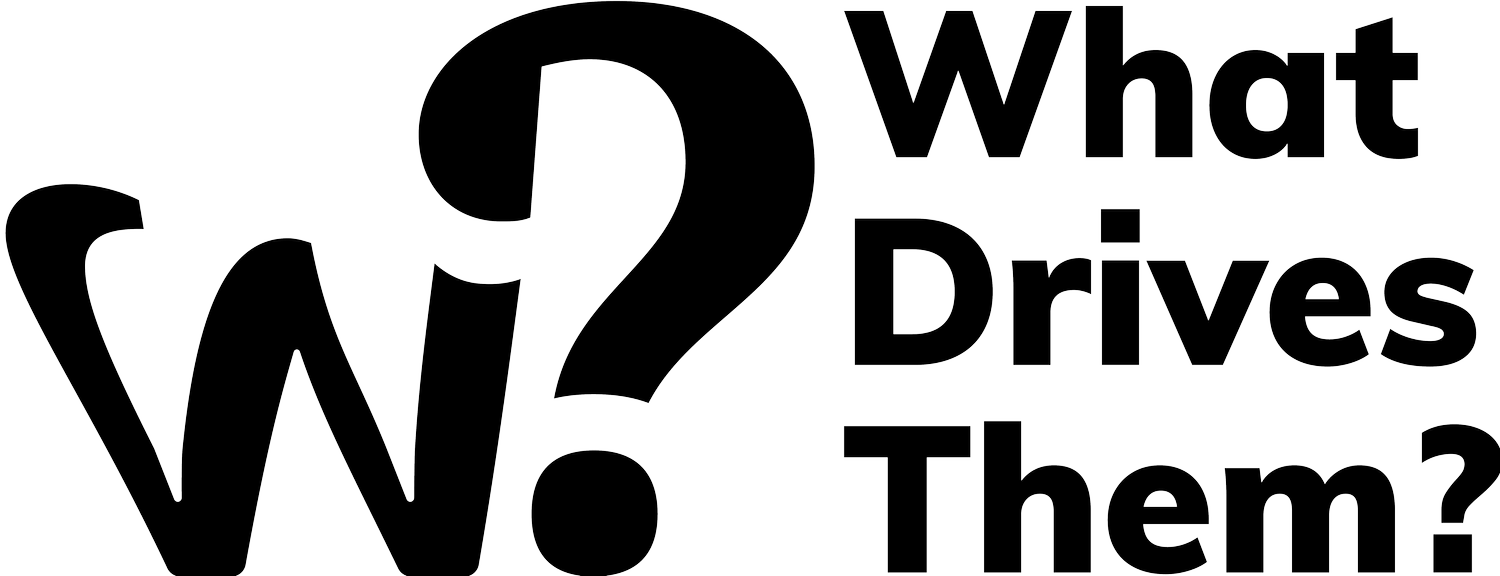Exploring Dopamine Fasting
Last Tuesday, I attended the Behavioural Design Masterclass with Gary van Broekhoven, and as always, the conversation and topics discussed were fascinating to delve into. This post is precisely that: a deeper dive into dopamine fasting which was briefly discussed during the class.
Let me be honest here—before that masterclass, I had never heard the term dopamine fasting. In case it wasn't obvious, I am not the coolest person out there who follows trends. Because, let’s be honest, every now and then, there is a new trend with people arguing about its benefits and how much nonsense it might be. But as a practising Muslim, fasting is something that always piques my curiosity, as cliché as that might sound. 😄
P.S. I will be adding some tips at the end in case you want to try it out, which could help ease the experience. 😉
For now, let’s start with what dopamine fasting is, in case you are like me and have never heard the term before. Dopamine fasting is a practice that first originated in Silicon Valley to “increase productivity and mental clarity,” where individuals temporarily abstain from activities that stimulate the release of dopamine, a neurotransmitter associated with pleasure and reward (ChatGPT definition, not mine). The goal is to reset the brain's reward system and reduce dependency on high-stimulation activities, such as avoiding social media, video games, and fast food. The duration depends on how long you might want to do it; perhaps you want to do it daily for a certain number of hours, while others might want to go for longer durations: days, weeks, or even months.
It aims to reduce the brain's reliance on external stimuli for pleasure, thus potentially improving focus, motivation, and mental well-being when normal activities are resumed. It is believed to help break the cycle of addiction to instant gratification, which is a crucial aspect of behavioural design.
While some people argue that the term "dopamine fasting" is incorrect—biologically, your body needs dopamine to function—and others say it's just a renaming of an old practice that has existed since the beginning of time, there is no re-invention here. It's not bad to start looking past names and terms and focus on what is beneficial for you. Terms and names, after all, are just constructs to help us communicate our thoughts as clearly as possible.
As we come to the end of this, here are my tips to help you through this journey and hopefully make the best of it. 🧐 🤓
First, always start by setting your intentions. It's not just about deciding what you are going to do but understanding why you are doing it, what you plan to learn or improve from this experience, and for how long you want to continue. It might be helpful to write it down to remind you when things get tough because they will, and that’s okay—that’s how you develop. If you decide to increase the duration, it might be a good idea to reset your intentions again. This practice aligns with behavioural design principles of intentionality and goal setting.
Second, when our parents train us for fasting during Ramadan (the month where Muslims fast) when we are younger, we start small. For example, we begin with fasting half a day and then progress from there until it becomes easier. So, train yourself. Set a goal that is easily achievable and increase from there. Gradual progression is a key element of behavioural design to ensure sustainable change.
Third, failure is possible, and that is actually beautiful. It signals that something can be improved. How cool is that? You get your own personal sign of what to work on. Accept it, look into the reasons, and try again. No harm done. This approach to failure and iteration is central to behavioural design, where feedback loops are essential for growth.
Lastly, your community and surroundings matter a lot! Make sure you are in an environment that encourages you to reach your goal, and this applies to everything. Last year, I spent Ramadan in Thailand and Laos. Even though I have been fasting for more than 20 years, it was harder than ever because it was my first time in a community where almost no one fasts, and the environment was just like any other day. Come to Egypt during Ramadan, and you will understand what I am talking about. Don't worry, if you are not fasting, you can eat during the day.
If you try it out, I would love to know how it goes and if any of my tips helped at all. I am willing to take credit for being insightful. 😀


